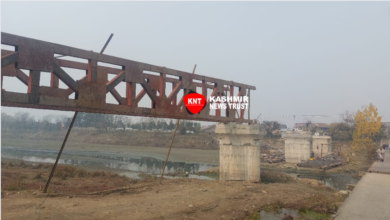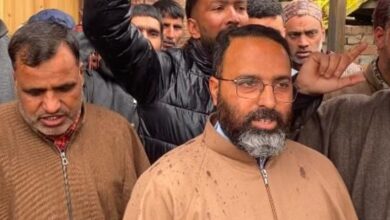Introducing MinEMI: A Web App that Leverages AI to Optimize EMIs and Transform Financing
Did you know that nearly 2 crore loan applications are rejected every month in India, often because of inadequate financial planning or lack of transparency MinEMI, a revolutionary web app by EasyWay Fintech, addresses this challenge by using AI-powered insights to help borrowers optimize their EMIs, compare loan options, and secure credit more easily, ensuring a smoother borrowing experience.
Whether youre overwhelmed by multiple EMIs, struggling with loan rejections, or looking for cost-effective borrowing options, MinEMI is here to empower you with clarity, savings, and control over your financial future.
If getting a loan with least EMI, keeping track of multiple EMIs, spotting surprise charges, or navigating loan options feels overwhelming, you’re not alone. That’s where MinEMI comes in. Designed for simplicity and savings, the platform helps you understand the true cost of loans, avoid unnecessary rejections, and discover cost-effective borrowing options-all in one place.
MinEMI simplifies the complex world of loans by offering features like credit score-based eligibility checks, loan comparison across lenders, and personalized AI-driven recommendations for both loans and credit cards. Users can seamlessly track their EMIs on a unified dashboard and explore options like balance transfers to reduce interest rates or top-up loans to access extra funds with minimal financial strain. By breaking down concepts like APR and streamlining the borrowing process, MinEMI ensures users never overpay or face unnecessary rejections.
“MinEMI is not just a web app; it’s a step toward empowering every Indian to own their financial future,” said Miniya Sharma, Director at EasyWay Fintech. “Many borrowers end up taking high-interest personal loans by default, unaware of better options. MinEMI bridges this gap by helping users make informed decisions, save money, and access smarter financial solutions.”
MinEMI doesn’t stop at tracking and recommendations. It’s all about helping you learn. From breaking down tricky concepts like APR (Annual Percentage Rate) to highlighting refinancing and alternative loan options, the platform ensures you never overpay on your loans. Whether you’re managing multiple loans or trying to boost your credit health, MinEMI gives you the insights and tools to stay confident about your finances.
Start saving on your loans today! Download MinEMI now at miniemi.ai and take control of your financial future.
About EasyWay Fintech
EasyWay Fintech is a leading innovator in the financial technology space, dedicated to simplifying and improving the way Indians manage their finances. With MinEMI, EasyWay Fintech continues its mission to empower users with smarter, more transparent financial solutions.
More details at: www.minemi.ai.










